Market Share
APAC Concrete Admixtures Market Share Analysis
In the dynamic and burgeoning landscape of the Asia-Pacific (APAC) Concrete Admixtures Market, companies employ various market share positioning strategies to gain a competitive edge and address the increasing demand for advanced construction materials. A pivotal strategy centers around product innovation and technological advancements. Companies invest in research and development to formulate concrete admixtures with superior performance characteristics, such as enhanced strength, durability, and workability. By staying at the forefront of technological innovations, brands position themselves as leaders in providing solutions that meet the evolving needs of the construction industry, catering to the diverse requirements of builders, contractors, and infrastructure developers.
Pricing strategies play a crucial role in determining market share within the APAC Concrete Admixtures Market. Some companies adopt a cost leadership approach, positioning their admixtures as cost-effective solutions that offer value for money. This strategy resonates well with budget-conscious construction projects looking to optimize material costs without compromising on quality. Conversely, premium pricing strategies focus on positioning admixtures as high-performance and specialized products. Brands that emphasize advanced formulations, superior quality, and customized solutions target clients who prioritize performance and are willing to pay a premium for innovative concrete admixtures.
Effective marketing is fundamental to market share positioning within the APAC Concrete Admixtures Market. Companies invest in comprehensive marketing campaigns to showcase the benefits of their admixtures, including improved concrete properties, sustainability features, and compliance with industry standards. Engaging content through digital platforms, participation in industry events, and collaborations with construction associations help build brand visibility and credibility. Marketing efforts that highlight successful applications of admixtures in prominent projects, cost-effectiveness, and the ability to address specific construction challenges contribute to influencing purchasing decisions.
Optimizing distribution channels is integral to market share positioning. Establishing partnerships with construction material suppliers, distributors, and project management consultants ensures that concrete admixtures are readily available and considered for a wide range of construction projects. Additionally, collaborations with engineering firms, architects, and construction consultants contribute to increased visibility and accessibility, aligning brands with key decision-makers in the construction ecosystem.
Strategic collaborations and partnerships within the APAC Concrete Admixtures Market are instrumental in market share positioning. Aligning with concrete producers, construction companies, and research institutions allows companies to leverage complementary expertise. Collaborations can lead to joint research and development efforts, innovative solutions, and shared insights into market trends and emerging opportunities.
Sustainability has become a key factor in market share positioning within the APAC Concrete Admixtures Market. With a growing emphasis on environmentally friendly construction practices, brands that offer admixtures with reduced environmental impact, such as low carbon footprint formulations and the use of recycled materials, gain favor. Communicating these sustainability initiatives through certifications, eco-labeling, and participation in green building initiatives not only attracts environmentally conscious clients but also positions the brand as a responsible player in the construction industry.
Consumer education plays a vital role in market share positioning within the APAC Concrete Admixtures Market. Brands invest in informative content that educates architects, engineers, contractors, and project managers on the benefits and applications of different types of concrete admixtures. By providing technical information, case studies, and practical insights, companies empower construction professionals to make informed decisions, fostering trust and long-term brand loyalty.


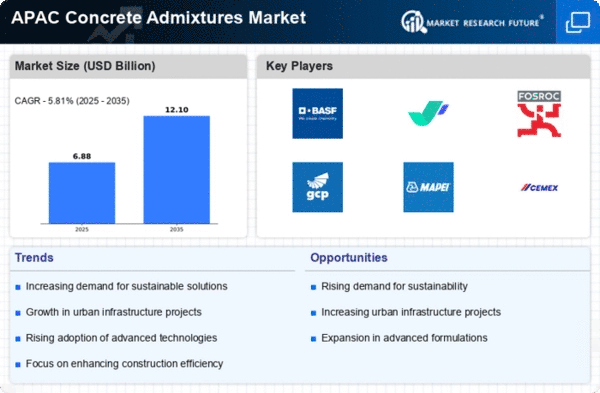

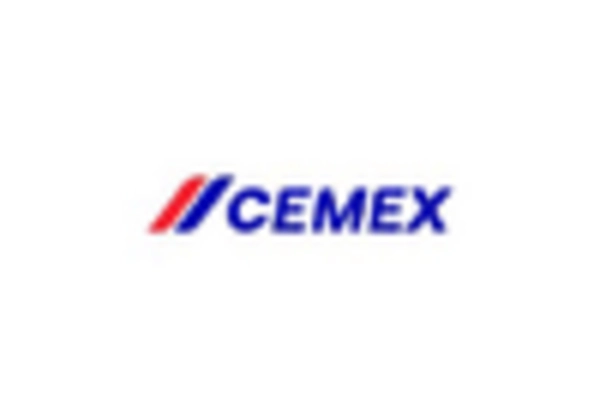
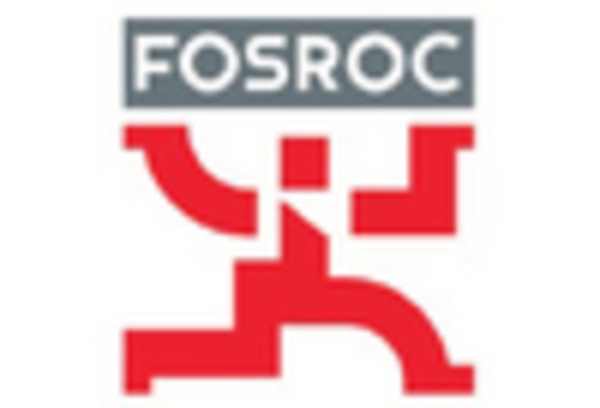
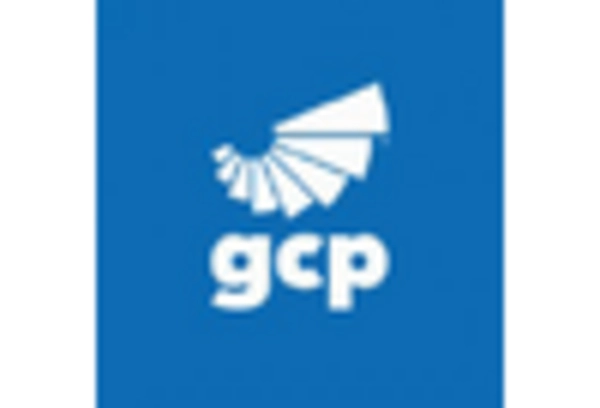
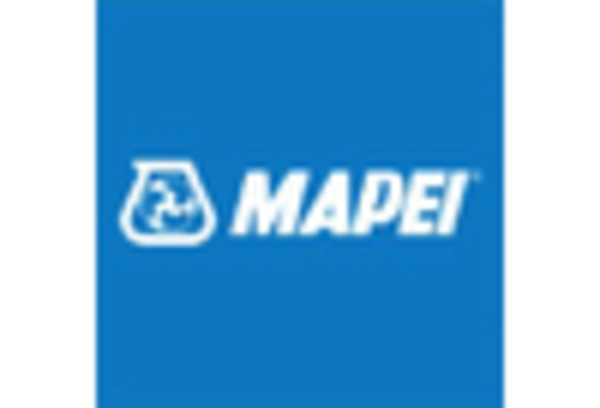











Leave a Comment